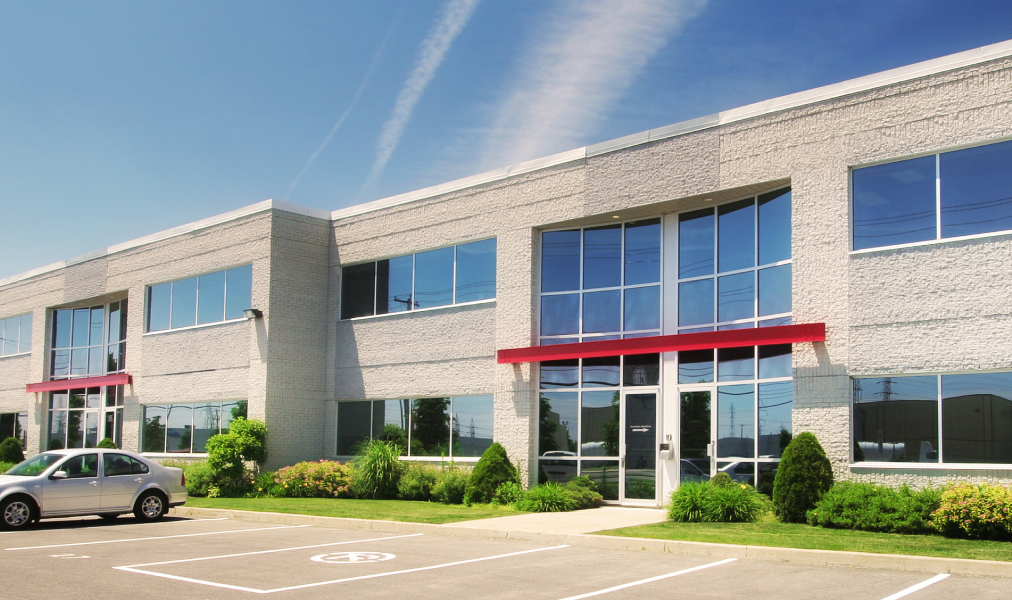Personal Loans
Customized financing to consolidate high-interest debt and unlock financial flexibility.
Business loans
Tailored commercial financing that supports all your business needs to help you grow quickly.
Tailored for entrepreneurs that want to establish additional active and passive income streams.
Customized financing to consolidate high-interest debt or fund major purchases or expenses.
About BHG
Programs
Sign in
Build on the Success of Your Dental Practice: Create Wealth Through Commercial Real Estate

A successful dental practice owner is one who maintains the motivation of an entrepreneur—always looking for ways to grow the practice and build wealth.
For example, you may consider expanding into other profitable ventures like purchasing the location that currently houses your space. This could decrease your monthly expenses and give you the opportunity to earn long-term capital appreciation.
Can it be a distraction to your current business? Absolutely. You are, first and foremost, focused on running your core business and being a dentist.
However, owning your office space and generating additional earnings from your tenants can be a rewarding way to further build your wealth.
Benefits of owning dental real estate
When you act as your own landlord, you never have to worry about certain aspects that commercial renters face, such as:
- Unexpected rent increases
- Chanes in management
- Forced relocation
Also, you have more control over the look of the building and signage. If you are operating in a city with lower skylines, you may choose to invest in a two-story building that’s highly visible from a major street, making it easy for clients and customers to find you. Or, you may decide to install a street-side digital LED sign to promote your practice. With an average lifespan of about 10 years, these signs will certainly capture the attention of new customers and can be well worth the investment.
Owning your dental practice building will allow you to make the space truly yours. From high-end finishes to modern layouts, you can incorporate attractive elements that you may have forgone in a rented building. Further, upgrading the space means upgrading the image of your practice (i.e., your commercial real estate can quickly become a marketing play).
Deciding on the right location
Be mindful of the fundamentals. It’s important to have some foresight in choosing the most opportune location, for example, within a high-demand healthcare corridor.
You also need to be able to estimate your growth potential and strategically select a location with the size and structure to satisfy your business’ immediate and future needs. After you’ve selected a space that meets these criteria, as the owner of the building, you get to determine the time and manner in which upgrades occur.
Taking it one step further, you may consider how purchasing commercial real estate can aid your retirement plans. Namely, if you choose to obtain ownership of the building that houses your practice, you’ll be able to maintain steady earnings from rent even if you sell your core business.
Quick tip: If you’re wondering where to start your search for the right location, specialized websites such as LoopNet.com make it easy to find commercial real estate in your area. Simply type in an intended use for the space (i.e., “medical”) and the location, and you'll be able to see spaces (and businesses) that are available for purchase and lease.
Choose tenants wisely
If you’re considering a real estate purchase to occupy the building and to lease out space to other businesses, finding the right renters should be a priority. For example, tenants in complementary industries with strong brands and healthy reputations can be catalysts for the growth of your practice. So, be strategic in your selection. It’s an opportunity to market your business and increase traffic
Here are some examples of businesses that could work in harmony—and not compete—with your practice:
- Orthodontic practices
- Veterinary practices
- Gyms and fitness studios
You may even consider partnering with another proactive business owner to purchase commercial real estate.
Are you ready to own your own office space?
Real estate acquisition is a substantial commitment that requires significant planning. It’s best suited for owners of dental practices that have had time to evolve, mature, and achieve consistent success, and for whom short-term liquidity is no longer a consideration.
If you already have a dental practice that generates consistent cash flow, investing money in bricks and mortar can be the next strategic step in your plan for growth. As many others have done previously, you can supplement your current earnings with a reliable new income stream, and you can finance part or, in some cases, all of your purchase with funding from BHG Financial.
As a lender that has specialized in financial solutions for dentists since 2001, we understand your needs and can provide you with flexible-use financing that helps you achieve your goals for growth.
We offer loans up to $500,0001,2 and pride ourselves on our dedicated concierge service, which you’ll experience throughout the funding process. Further, our repayment terms of up to 12 years1 make the prospect of owning your own office space—and building wealth for years to come—more affordable than ever.
You can get started online by visiting our monthly Payment Estimator.
Not all solutions, loan amounts, rates or terms are available in all states.
1 Terms subject to credit approval upon completion of an application. Loan sizes, interest rates, and loan terms vary based on the applicant's credit profile.
2 BHG Financial business loans typically range from $20,000 to $250,000; however, well-qualified borrowers may be eligible for business loans up to $500,000.
No application fees, commitment, or impact on personal credit to estimate your payment.
For California Residents: BHG Financial loans made or arranged pursuant to a California Financing Law license - Number 603G493.